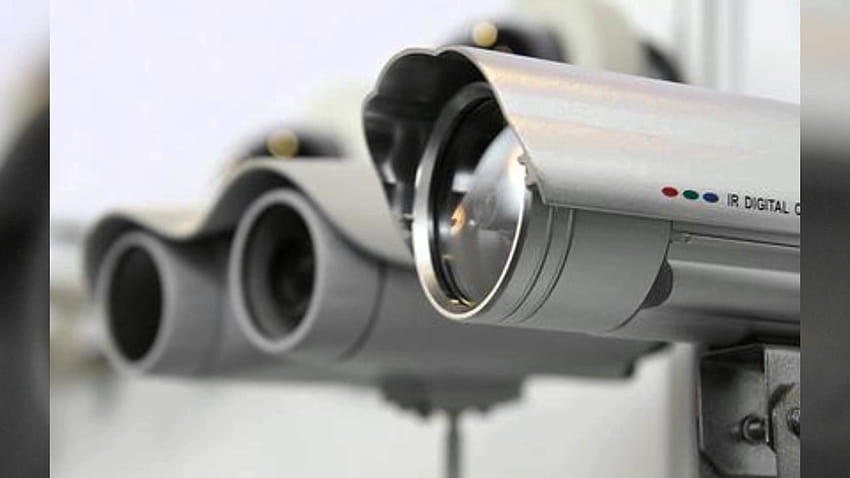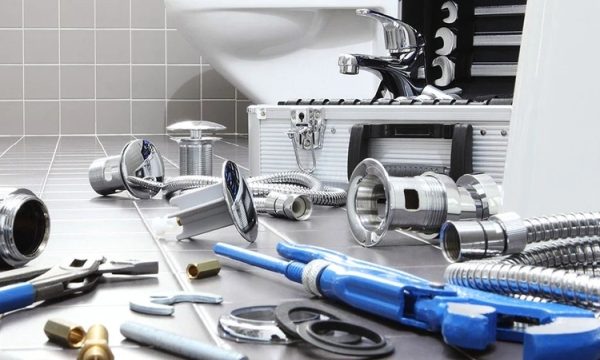
In today’s fast-paced world, ensuring the safety of our homes and loved ones has become more critical than ever. With evolving security threats, many individuals are turning to technology for peace of mind. One effective solution that has gained immense popularity is the security camera. These devices not only provide a watchful eye over your property but also serve as a powerful deterrent against potential intruders.
Installing a security camera system can transform the way you perceive safety and security. Whether you want to monitor your home while on vacation, keep an eye on your children or pets, or deter unwanted visitors, security cameras offer a range of functionalities to fit your needs. This essential guide will explore the various types of security cameras available, their key features, and how to choose the right system for your specific requirements.
Types of Security Cameras
Security cameras come in various types, each designed to meet specific needs and circumstances. One of the most common types is the bullet camera, which is easily recognizable due to its cylindrical shape. These cameras are typically weatherproof and ideal for outdoor use, where they can be mounted on walls and provide a clear, focused view of a particular area. Bullet cameras are effective for monitoring driveways, entrances, and parking lots.
Another widely used type is the dome camera. Shaped like a dome, these cameras are often installed in retail stores or public spaces. Their design makes them less obtrusive and allows for a wider viewing angle. Dome cameras can also be equipped with features like infrared technology for night vision and are relatively resistant to tampering, making them an excellent choice for surveillance in high-traffic areas.
Finally, there are PTZ (pan-tilt-zoom) cameras that offer versatile monitoring capabilities. These cameras can be remotely controlled to pan, tilt, and zoom in on specific areas, providing dynamic surveillance. PTZ cameras are particularly useful for large properties or spaces that require real-time monitoring and the ability to track moving subjects. With their advanced features, they are often used in critical security applications such as airports and stadiums.
Benefits of Security Cameras
Security cameras provide a significant deterrent to crime, as their presence can discourage potential intruders. When people see security cameras installed on a property, they are less likely to attempt theft or vandalism, knowing they are being monitored. This sense of security can create a safer environment, not just for the property owner, but for the entire neighborhood.
In addition to crime prevention, security cameras enhance the ability to monitor real-time events. Homeowners and business operators can keep an eye on their property remotely through smartphones or computers. This convenience allows them to respond quickly to any suspicious activity, ensuring timely interventions and peace of mind, even when they are away.
Moreover, security cameras can serve as valuable evidence in the event of a dispute or incident. Video footage can clarify misunderstandings or provide crucial information in investigations, whether it relates to theft, accidents, or other events. This capability to record and review incidents adds an extra layer of security and assurance for everyone involved, reinforcing the importance of having security cameras on the premises.
Security Camera Repairs
Choosing the Right Security Camera
When selecting a security camera, it is crucial to consider the specific needs of your property. First, think about the location where the camera will be installed. Indoor cameras typically require different features than outdoor models. Outdoor cameras should be weatherproof and have night vision capabilities to ensure they capture clear footage in varying light conditions.
Next, evaluate the type of surveillance you require. Some cameras offer continuous recording, while others may have motion detection features that only trigger recording when movement is detected. Additionally, consider the resolution of the camera. Higher resolution cameras provide clearer images, which can be vital in identifying individuals or incidents.
Lastly, think about the connectivity options available. Many modern security cameras connect to your Wi-Fi network, allowing for remote viewing and control through smartphones or tablets. However, consider whether you prefer cloud storage for your footage or a local storage solution. Choosing the right combination of features will help ensure that your security camera meets your expectations and provides peace of mind.


